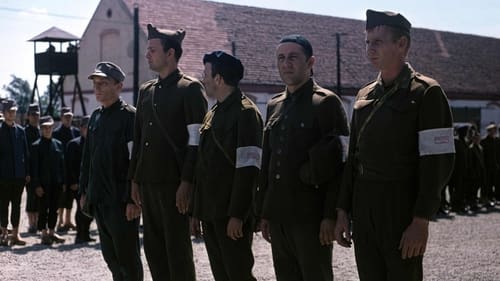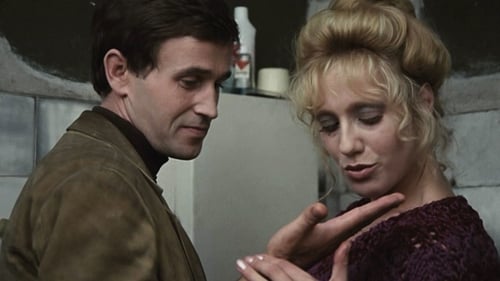
The film deals with the a clandestine Olympiade held in a German POW camp during WW II, housing many Poles, but also French and Brits. A spit and a Polish German lieutenant is added to the staff of a prison camp. He sees a Pole, the acknowledged leader of the Polish prisoners, against whom he had competed during the Berlin Olympics in 1936. He asks the Pole to train with him but is refused; the Pole points out out that he is a prisoner and nothing more. But that plants the seed and the Pole proposes and Olympics 40 to be held among the prisoners. They ingeniously make a flag and medals, set up a number of races; a croaching hop race is unwittingly organized by a German prison guard who uses it as a torture. The German lieutenant knows that something is going on but cannot find out. Finally the Germans realize the idea and the Polish chief is sent to concentration camp but the others disobey the orders.

This intense chamber drama centers on an ambitious young industrial designer who is summoned home to help his father and sister. Both the aristocratic family he fled in shame and scorn, and their dilapidated country estate, bathed in an oppressively nostalgic light, prove ultimately inescapable.

The miners of one of the mines in Zagłębie Dąbrowskie receive news about the planned layoffs. The miners decide to organize a strike. One of the local MPs is trying to prevent this from happening. The French mine owner makes a dangerous decision - he orders the miners to work in an area at risk of fire. An explosion occurs unexpectedly. The miners lynch Coeur, and their demonstration, in which they carry the bodies of the victims of the crash, is brutally suppressed by the police.

Mormul
Through the fate of the boy - whose hunger drives from his home village , and who receives a severe school of life , going through different social environments in order to become conscious , revolutionary activist - creators show a realistic panorama of conflicts in pre-WWII Poland.


